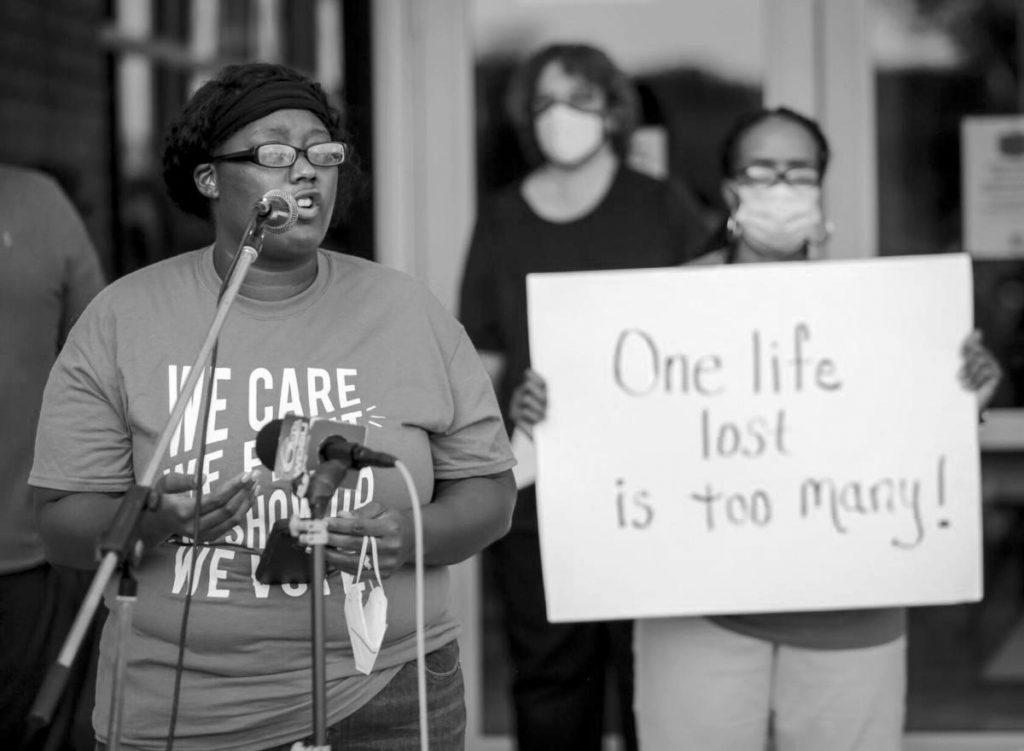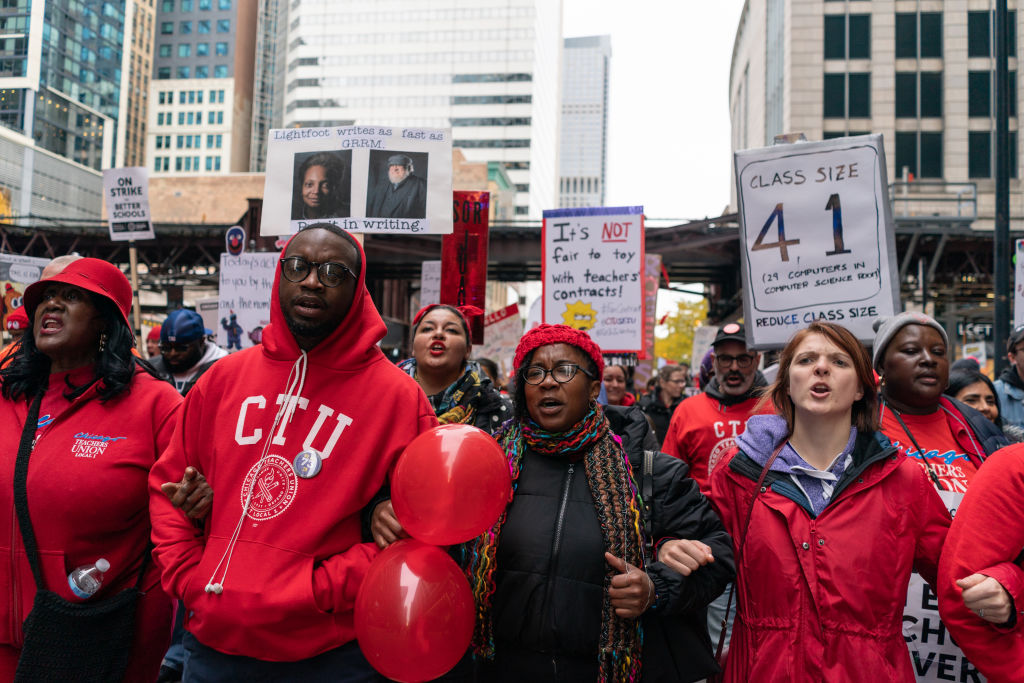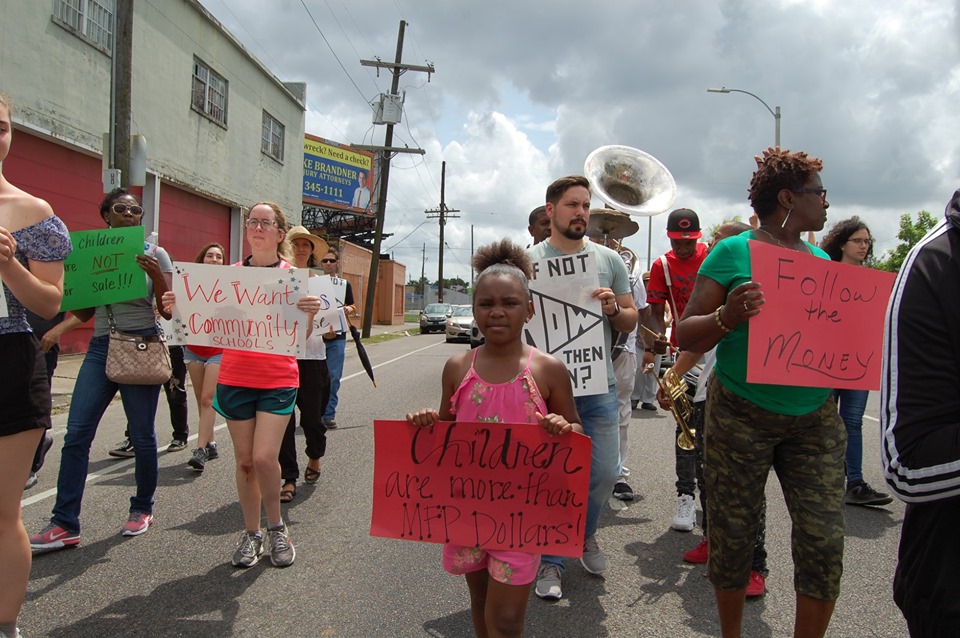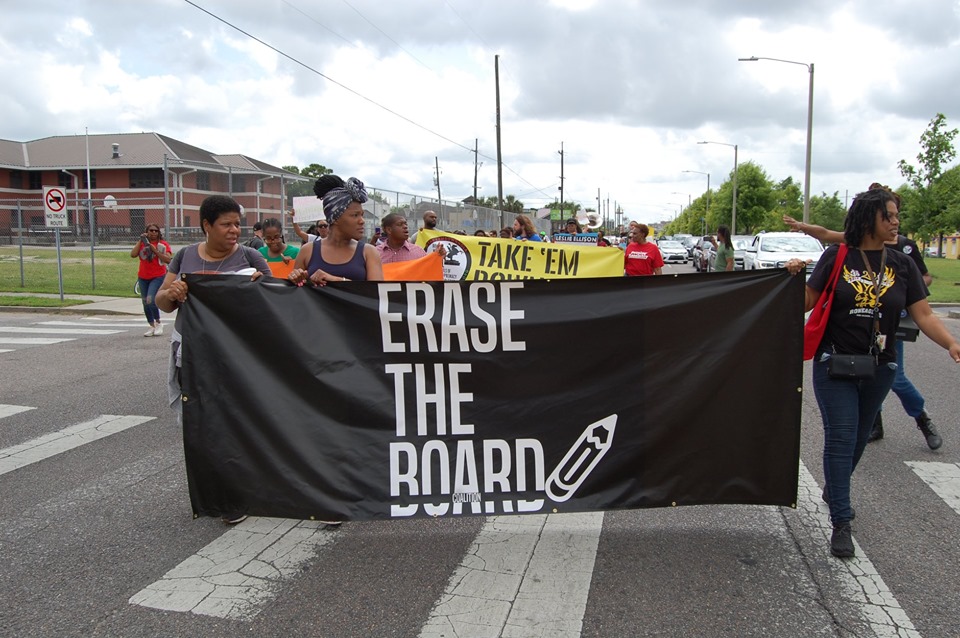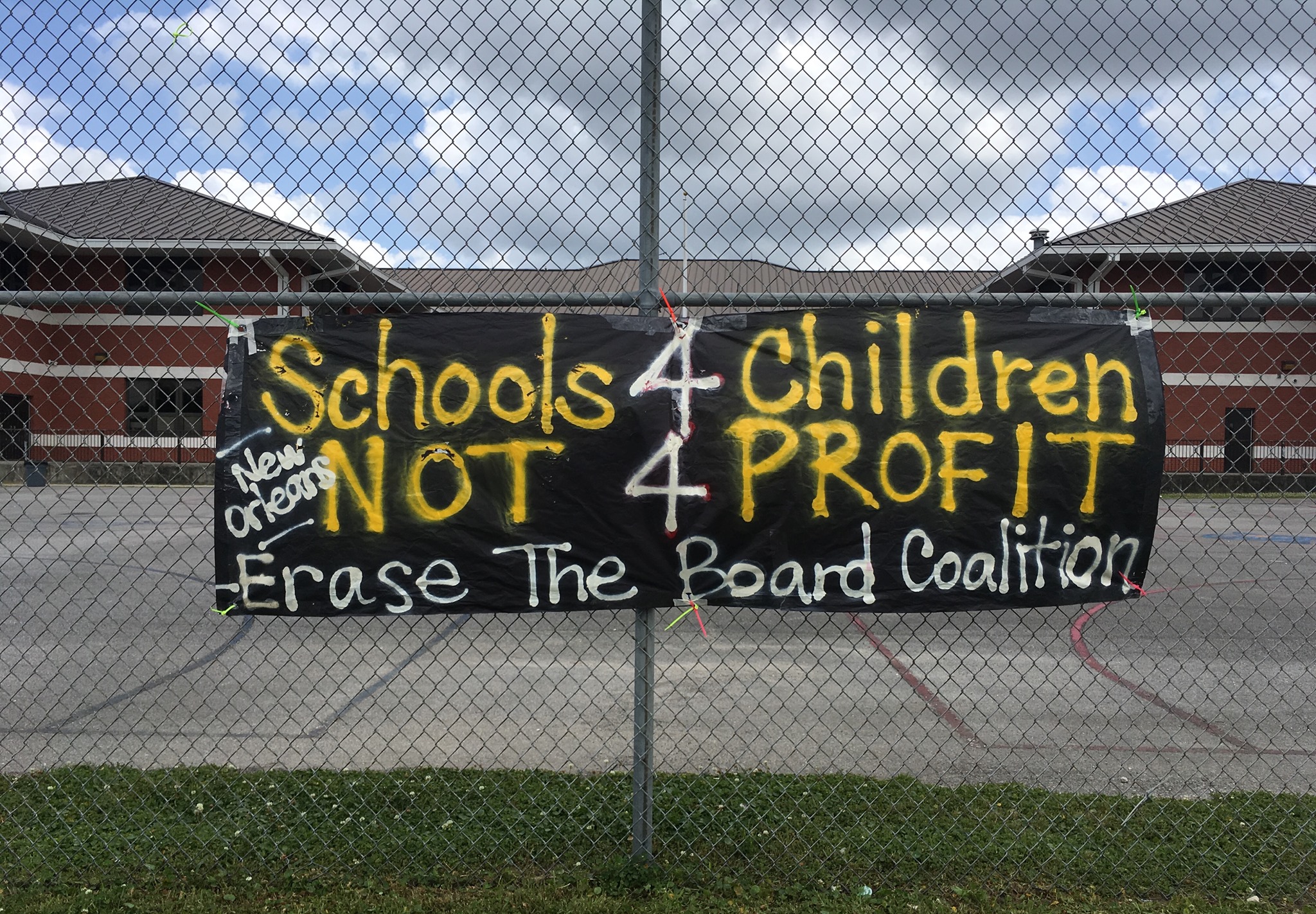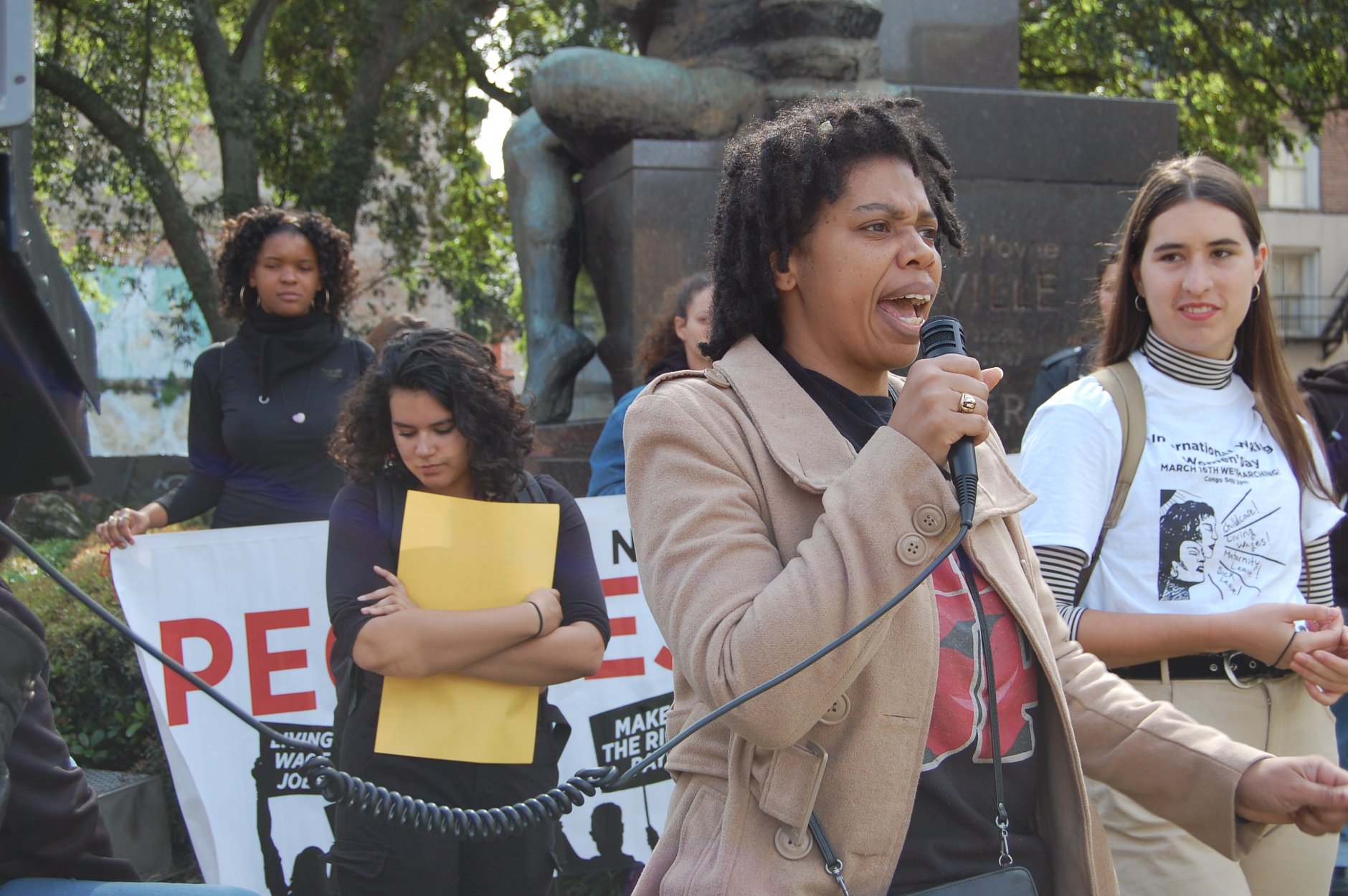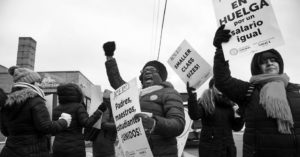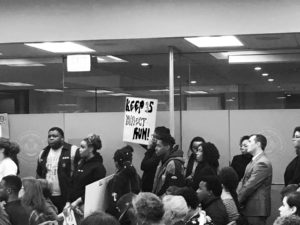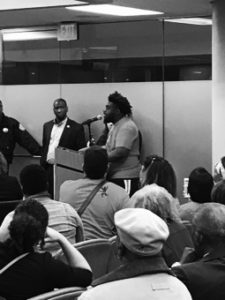by John Guzda
As education workers and students all across Louisiana are embarking on this unique school year, we have all been confronted by the sad, devastating, and maddening realities of teaching in 2020. After years of our education system experiencing neglect, poor leadership, and inequitable investment resulting from the disastrous “school choice” and charter movement, many of us are truly suffering and struggling to teach and to learn in the time of Covid-19.
In just a couple weeks of being back in the classroom, the digital divide that exists throughout the Greater New Orleans area has never been more evident. Many of my kids do not have reliable internet access in their homes. This has resulted in students struggling to simply log on to our virtual classrooms. If they are lucky enough to be able to, many of them find themselves only getting removed several times throughout the class due to the lack of connectivity. As I am expected to teach from my brick and mortar building, I am also at the mercy of our district’s poor technology infrastructure and have been kicked out of my own classroom on several occasions due to a “poor connection.”
In my Social Studies classroom, where discussion, laughter, and peer-to-peer engagement is the norm, this year we are all just trying to “make it.” “Make it” through the virtual learning model while dealing with sub-standard technology access and, for the kids who are physically in the buildings, the ever-present reality that we can be infected at any moment from Covid-19. Our school buildings are old, filled with mold, falling apart, and do not have proper ventilation. Having faulty temperature guns pointed to our foreheads as we enter our campuses each day does not provide any of us with a sense of comfort.
Our kids and colleagues are frustrated, stressed out and overworked. Teaching students both virtually and physically is a juggling act that is not ideal for even the most seasoned educator. Between creating new lessons to accommodate the virtual system, to ensuring that we are providing digital feedback to every student on every assignment, our work hours have only continued to increase.
The joy of teaching is all but gone this year. I hope it will come back at some point. The frustration and anxiety that I and many others feel over the conditions briefly described here is just further proof that Covid-19 has lifted the veil on the inequities we experience as public education workers and students across Greater New Orleans.

